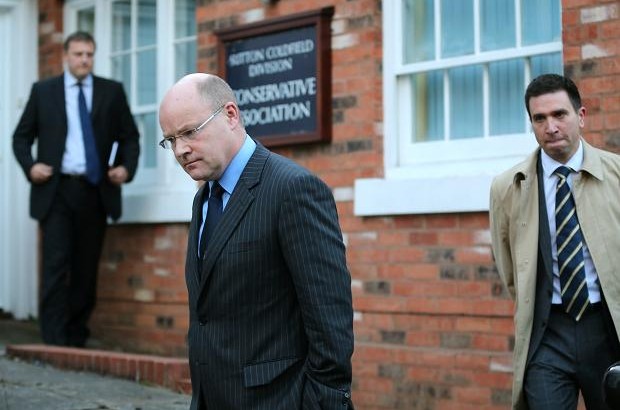
The whole row about
what the three Police Federation officers said when they came out of a meeting with the then Government minister Andrew Mitchell illustrates the benefit of having access to good PR advice before speaking to the press.
They should have realised they were in the middle of a crisis so should have followed good crisis managment proceedure. But it seems they didn't.
Let us assume that the officers, from West Mercia, West Midlands and Warwickshire, didn't have a PR professional on hand on the day they met Mr Mitchell at the height of the Plebgate crisis. There has never been a suggestion that they did.
Whatever those three officers thought of Mr Mitchell's testimony in the meeting, they knew they were going to have to answer media questions. An obvious question to come up would be, do you think Mr Mitchell should resign.
Unless, you want to take the nuclear option, a good PR advisor would assess the risks of answering that questions with a yes, and would probably suggest finding something less incendiary to say.
Having someone on hand, in the heat of the moment, and disapassionately give clear advice on simple measures to take to avoid major pitfalls - measures that seem obvious in hindsight but at that moment can be easily overlooked - is a really good idea.
It could be that the federation officers now feel that they were bounced by the media, and the moment, into making statements they now regret. It could be that they were always going to go for the jugular after the meeting, no matter what Mr Mitchell said.
Whatever the case, having a public relations expert on hand who can go through the consequences, before you step in front of the microphone, is a sensible option. And, in this case, it might have avoided all the trouble that has followed since.
They might not now be preparing to
explain themselves in front of a committee of MPs, along side the chief constables who run their respective forces. I bet they will be getting some good PR advice after that meeting.

